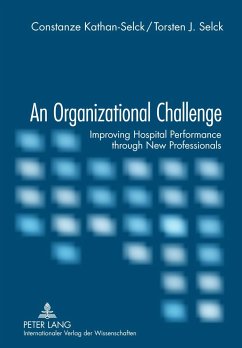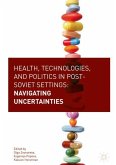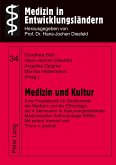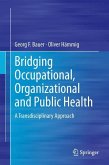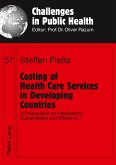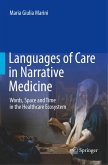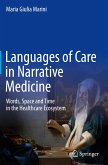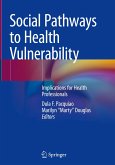The idea of several healthcare systems to introduce emergency physicians (EPs) results from changes in patient demand and medical labor supply which demand reflection on job structure and skill mix as well as modifications in the workflow and coordination instruments. EPs were designed to meet these needs. But are they indeed able to meet the expectations? First, this study investigates the development of EPs as a profession and their professional role. Therefore, a comparison is conducted between the Netherlands, where EPs are newly emerging, and the UK, where EPs have been employed for several decades. Furthermore, the situation of hospitals within the Netherlands is compared. The second objective of the study is to determine for which organizational configurations and to what extent EPs enable a better fit between contextual characteristics and organizational structure in emergency care units, ideally leading to improved performance.

